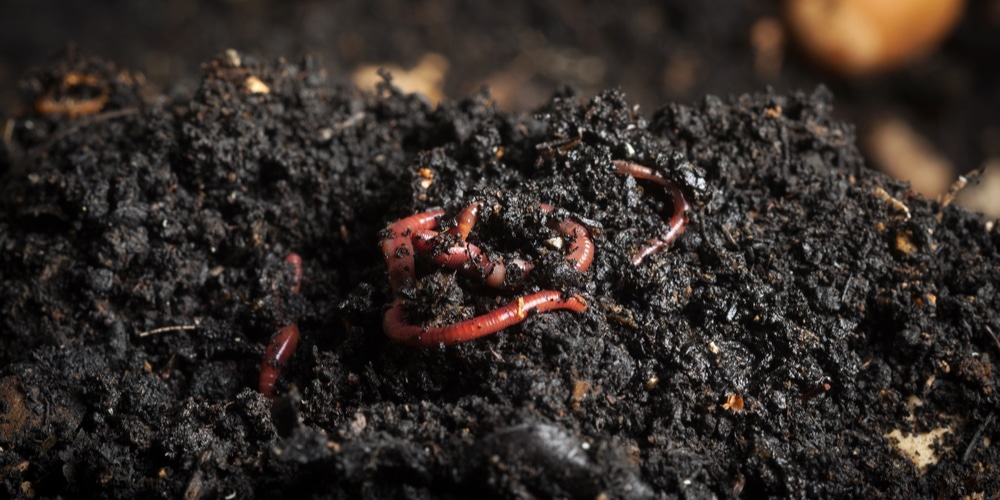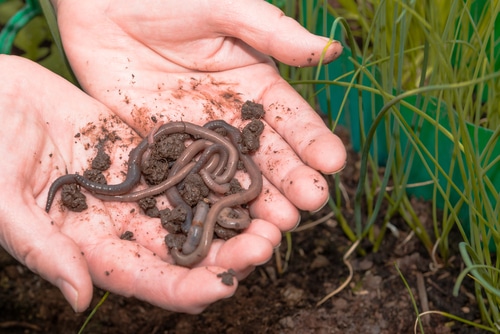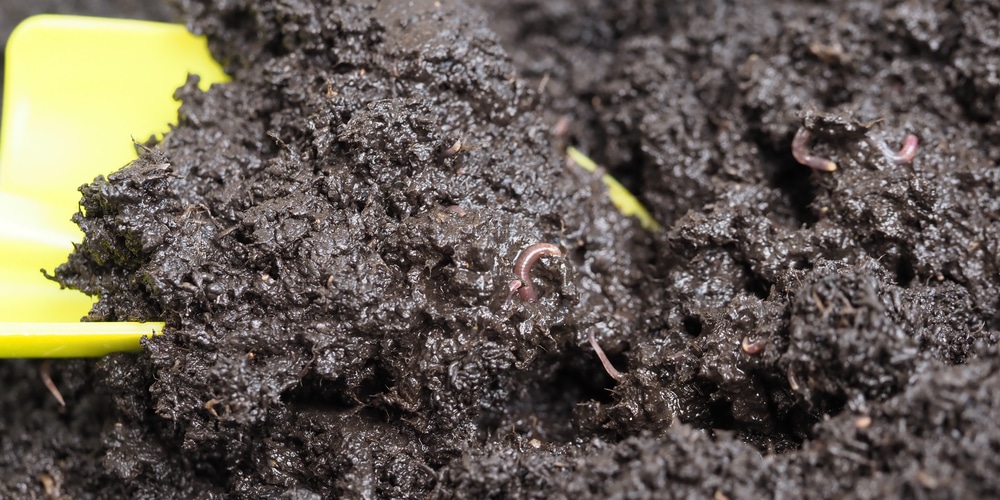We all know that taking care of our gardens can be challenging. When you least expect it, you might deal with bugs infestations.
And if you don’t take adequate measures during the early phase, you might have to use insecticides to allow your plants to grow. But some chemicals might kill beneficial insects like bees or butterflies, which you must avoid if you want your plants to reproduce.
And what about earthworms? After all, even if they might not be as cute as bees and we rarely think about them, these invertebrates are essential creatures in the health of your garden.
If you didn’t know this already, they loosen the substrate, make nutrients more accessible to plants, and improve the nutrient content.
If you are dealing with insect infestation on your veggies, someone will probably suggest you purchase Zeta Cypermethrin. It is one of the best products to control aphids, beetles, and insects that attack most crops.
And it can provide results in a short period. But what should you know about using this product in your garden? Does Zeta Cypermethrin kill earthworms? You are in the right place to find out.
What are the Consequences of Using Zeta Cypermethrin in your Garden?
Zeta Cypermethrin is a synthetic insecticide that works wonders at killing bugs that harm veggies and plants. The chemical acts on the nervous system of the insects and causes paralysis and, eventually, death.
However, its toxicity can affect bees, fish, birds, and earthworms. Recent studies found that it might also be a carcinogen in humans and cause severe issues when ingested or inhaled.
Commercial farmers use this product on lettuce, pecans, and cotton plantations. But its compounds can also kill cockroaches which is why Cypermethrin is so common in most households, especially in California.
So, while zeta cypermethrin might eliminate bugs in your plants, you should avoid using it unless you are not planning to grow more veggies the following season. Killing beneficial insects will bring you several problems, including the lack of pollination, undesirable soil conditions, and inadequate nutrient content.
Organic Alternatives
Chemical pesticides are not your only option when needing to take care of a pest infestation. While organic solutions might take more time to be effective, they are more environmentally friendly and pose no threat to you and your family (or your plants).
One of the most common organic options to keep harmful insects at bay is to apply neem oil. Dilute it in water and spray the compound onto the affected areas of your plant: the smell of it will repel and kill aphids, mealybugs, and whiteflies without harming bees, butterflies, or earthworms.
You can also consider getting companion plants with strong scents to repel insects in the first place. However, if the infestation is severe, you should take other types of action.
For instance, naturally-derived pyrethrin works as an insecticide by targeting the nervous system of insects and disrupting motor skills. It is a compound you can find on chrysanthemums that have become a replacement for chemical solutions.
While pyrethrin is a safe product, it might cause skin irritation and be toxic to dogs and cats. Don’t forget to take the necessary precautions when using it in your garden!
Does Zeta Cypermethrin Kill Earthworms?: The Bottom Line
Yes, Zeta Cypermethrin harms earthworms, bees, and other beneficial insects and animals. For this reason, you should avoid using it in your yard.
Instead, consider organic alternatives or get chemicals such as Sevin that won’t cause problems to the healthy elements of your garden.
Related Article: Do Earthworms Eat Plant Roots?


